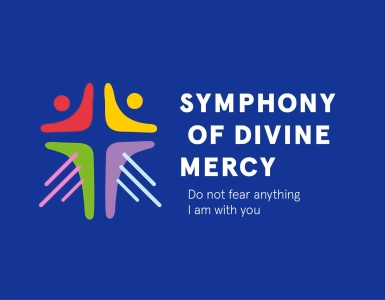In the countries behind the Berlin Wall, the year 1968 was different from the free world. It differed, of course, because of the historical, political and cultural situation, but even more so because of the motivations that underlie the action and the goals that were set. In the West, contestation has turned against all kinds of institutions and forms of power. In Eastern Europe, on the other hand, battles were fought primarily in the name of freedom and democracy. Or, as in Czechoslovakia, a last attempt was made to reform communism, to build “socialism with a human face.”
In Poland, not only was the student protest brutally suppressed. The regime used this protest to carry out a gigantic purge: a Zionist conspiracy was invented to attack the “revisionists” and ignite nationalist feelings among the population.
The students’ protest also failed because the workers did not support the speech of the young and the university environment. They allowed themselves to be exploited by the regime or adopted an indifferent attitude, but it was a bitter lesson for them. Only later did they understand their mistake that they had gone and acted against their own children on the barricades. They understood that at the root of the protest was a healthy and right reflex. It was about the desire for freedom of speech, about living in truth, not in hypocrisy. The idea was for Poland to finally become a normal country.
Repression by the regime, however, caused huge losses. The last group of fifteen thousand Jews left Poland. Leszek Kolakowski, a philosopher, Marxist scientist, expelled from the party and deprived of the right to teach, also had to emigrate. At the same time, a moving news came from Czechoslovakia: on the night of August 20-21, Soviet tanks seduced the “Prague Spring”.
Karol Wojtyła (meanwhile appointed Cardinal) openly supported young people and supported the world of culture. Proof of this is the fact that for the first time the left began to appreciate the Church. A consideration to undertake a dialogue on the sphere of civil liberties was made. The Archbishop of Krakow publicly denounced forcing people belonging to the Chosen Nation, who are an important part of society, to leave the country (which is why he went to the Krakow synagogue as a sign of solidarity), as well as forcing prominent figures from the intelligentsia to emigrate.
With the permission of Cardinal Stanisław Dziwisz – “At the side of the Saint”
St. Stanislaw BM Publishing House, Krakow 2013





